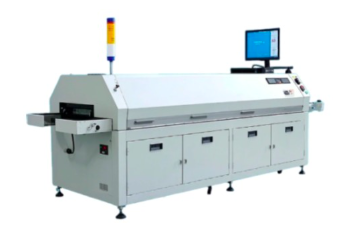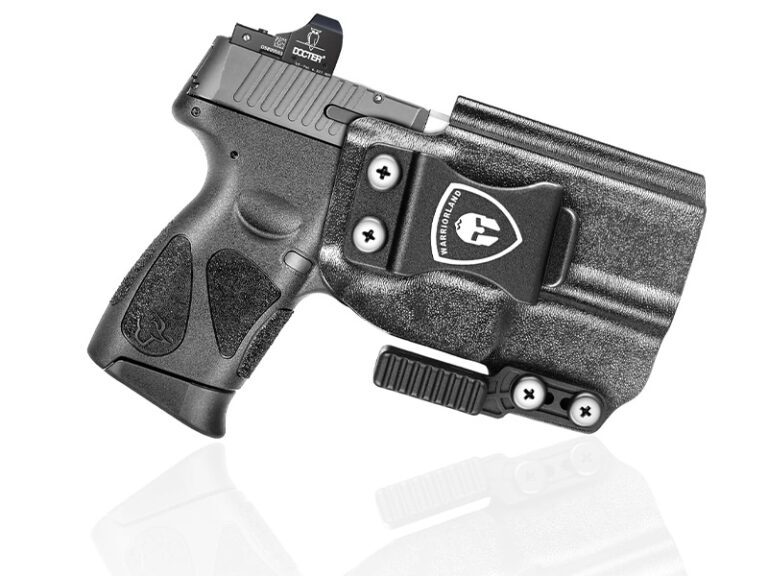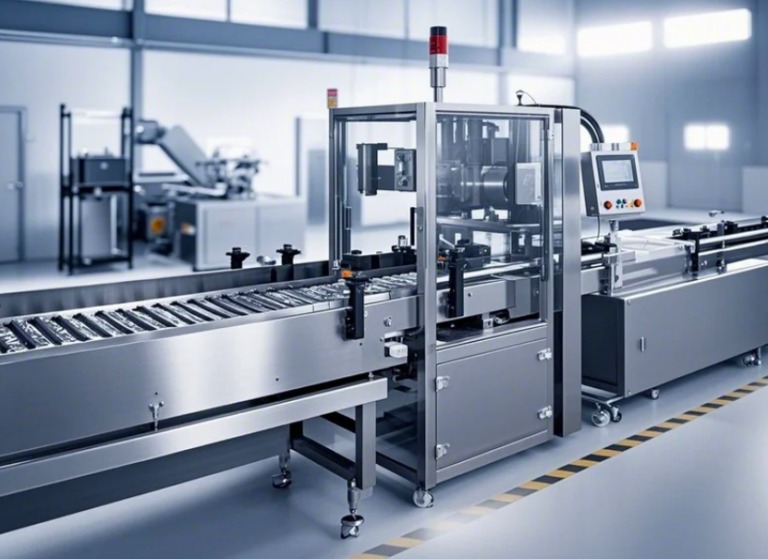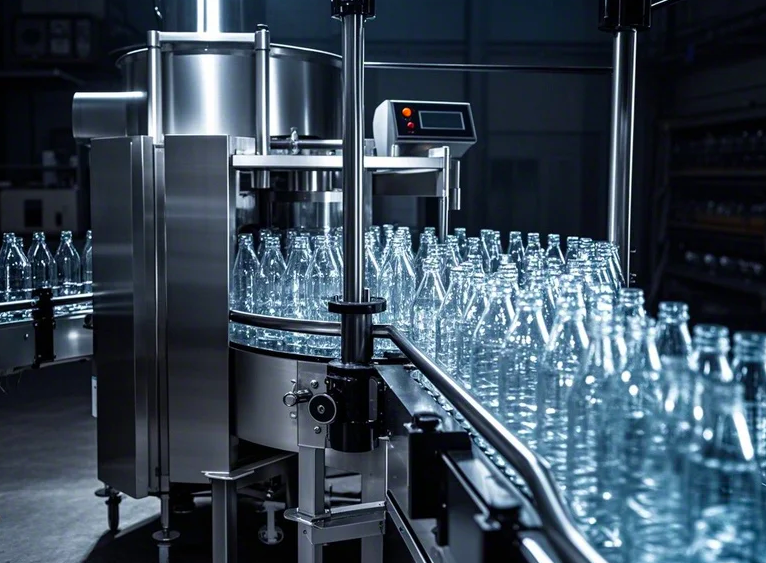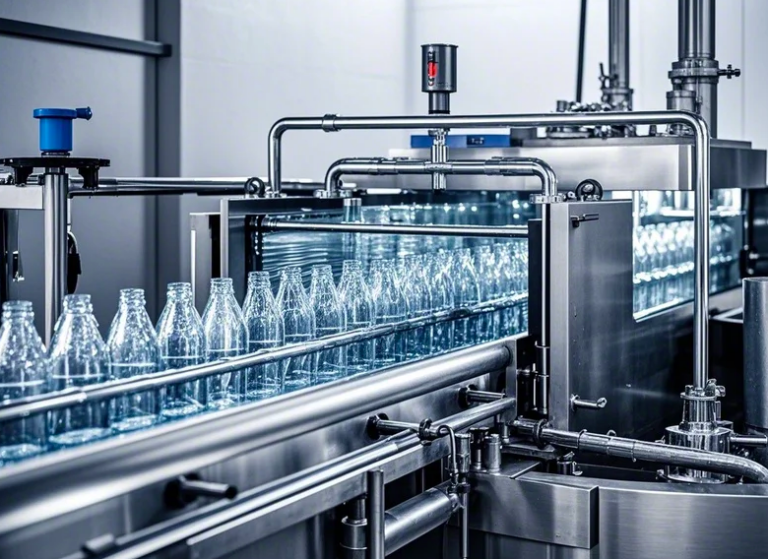目录
In the fast-paced world of industrial automation, the demand for precision, efficiency, and flexibility has never been higher. As industries evolve toward smarter manufacturing practices, servo robots have emerged as key players in this technological transformation. These robots combine the accuracy of servo motors with the intelligence of robotic systems, making them ideal for complex, high-speed operations in various industries.
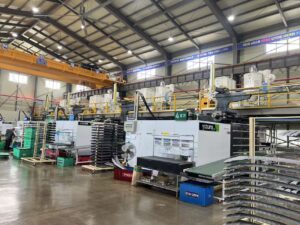
What Is a Servo Robot?
A servo robot is a type of robotic system equipped with servo motors that enable precise control of position, speed, and torque. Servo motors are closed-loop mechanisms that receive feedback from sensors to make real-time adjustments, ensuring that the robot performs tasks with incredible accuracy and consistency. This makes servo robots highly suitable for applications that require detailed movement, such as assembly, welding, pick-and-place tasks, and material handling.
Unlike traditional robotic systems that rely on pneumatic or hydraulic actuation, servo robots offer a more refined level of control. The use of electric servo motors allows for smoother motion and better repeatability, which is especially critical in sectors such as electronics, automotive, and medical device manufacturing.
Key Features and Advantages
One of the standout features of a servo robot is its ability to maintain consistent performance under varying conditions. This adaptability reduces the risk of errors and increases productivity. Here are some notable benefits:
- High Precision: Servo control allows the robot to execute tasks with minimal deviation. This is essential in industries where even a fraction of a millimeter can affect product quality.
- Programmability: Servo robots can be easily reprogrammed for different tasks, making them ideal for manufacturers that require versatility and frequent changeovers.
- Energy Efficiency: Compared to hydraulic systems, servo robots consume less energy, making them more environmentally friendly and cost-effective in the long run.
- Reduced Downtime: With self-monitoring systems and feedback mechanisms, servo robots can detect and respond to faults more quickly, leading to less unplanned downtime.
- Compact Design: The compact nature of servo motors allows for streamlined robot designs that can fit into tight spaces and integrate more easily with existing production lines.
Applications Across Industries
The versatility of servo robots makes them suitable for a wide range of industrial applications. In the automotive industry, they are commonly used for welding, painting, and assembly tasks. In electronics, servo robots are employed for soldering tiny components onto circuit boards with micron-level accuracy. The food and beverage industry uses them for packaging and palletizing tasks, while the medical sector benefits from their precision in assembling delicate instruments.
Moreover, as collaborative robots (cobots) become more popular, servo technology plays a crucial role in enabling safe human-robot interaction. The responsive control of a servo robot makes it capable of adjusting its movements in real time, ensuring the safety of workers sharing the same workspace.
The Future of Servo Robots
The adoption of servo robots is expected to grow rapidly as industries continue to embrace smart manufacturing and Industry 4.0 initiatives. Integration with artificial intelligence (AI) and machine learning is already enhancing the capabilities of these robots, allowing them to make data-driven decisions and adapt to changing conditions autonomously.
Furthermore, with the rise of cloud-based monitoring and IoT (Internet of Things) connectivity, servo robots can now be monitored and controlled remotely, enabling predictive maintenance and performance optimization.
Conclusion
As manufacturers seek to improve operational efficiency and maintain a competitive edge, the role of the servo robot becomes increasingly vital. Offering unmatched precision, flexibility, and reliability, servo robots are setting new standards in industrial automation. Whether you’re in automotive, electronics, or food processing, integrating a servo robot into your production line could be the strategic upgrade your business needs.
0



